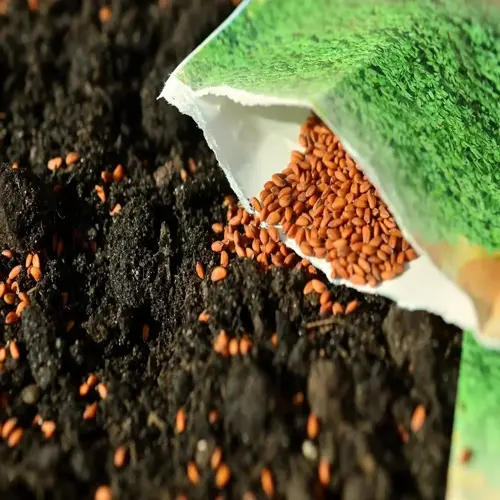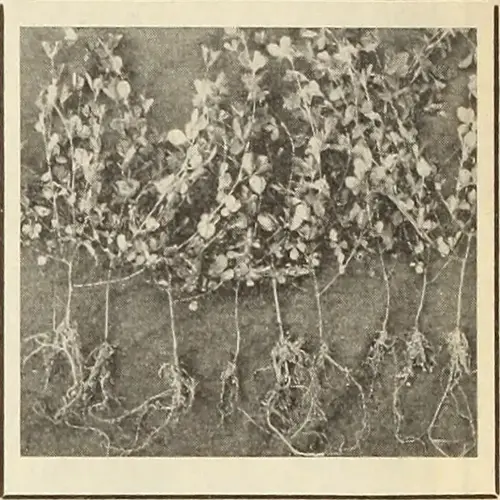Are there legal restrictions on saving seeds?

Written by
Julia Anderson
Reviewed by
Prof. Martin Thorne, Ph.D.Seed saving legality encompasses important distinctions in determining what constitutes a plant variety and what is protected under intellectual property laws. Most home gardeners can save heirloom seeds with little if any legal jeopardy. Patented hybrids come with specific limitations that need to be observed. Having a grasp of these differences helps protect your gardening activities.
Unrestricted Varieties
- Heirloom seeds carry no legal restrictions for saving or replanting
- Open-pollinated varieties developed before 1970 are generally safe
- Public domain seeds can be shared freely within gardening communities
Restricted Seeds
- Patented hybrids require permission for commercial propagation
- Utility-patented plants forbid saving without license agreements
- Trademarked varieties restrict name usage even if saving is allowed
Check the seed packaging for legality before storing. Look for the patent number that includes 'PP' or 'PVP'. Many seed companies will explicitly state restrictions on envelopes. If we are unsure, reach out to breeders for reference. The documents provide safeguards for your gardening efforts.
With plant patent laws, the primary focus of enforcement is on commercial growers. Home gardeners saving a small amount of seed will likely not face enforcement. To truly preserve your heirlooms, connect with other heirloom and seed savers who maintain seed libraries that only exchange legally cleared varieties. Your garden will be a haven well within the potential legal confines.
Seed freedom organizations develop open-source plant varieties. These communities provide real, commercially viable alternatives to patented hybrids. Please support them with royalty-free genetic cultivar development. Your choices of what to garden will shape the future of sustainable gardening. Actively promote biodiversity.
Read the full article: 3 Essential Rules: How to Store Seeds

